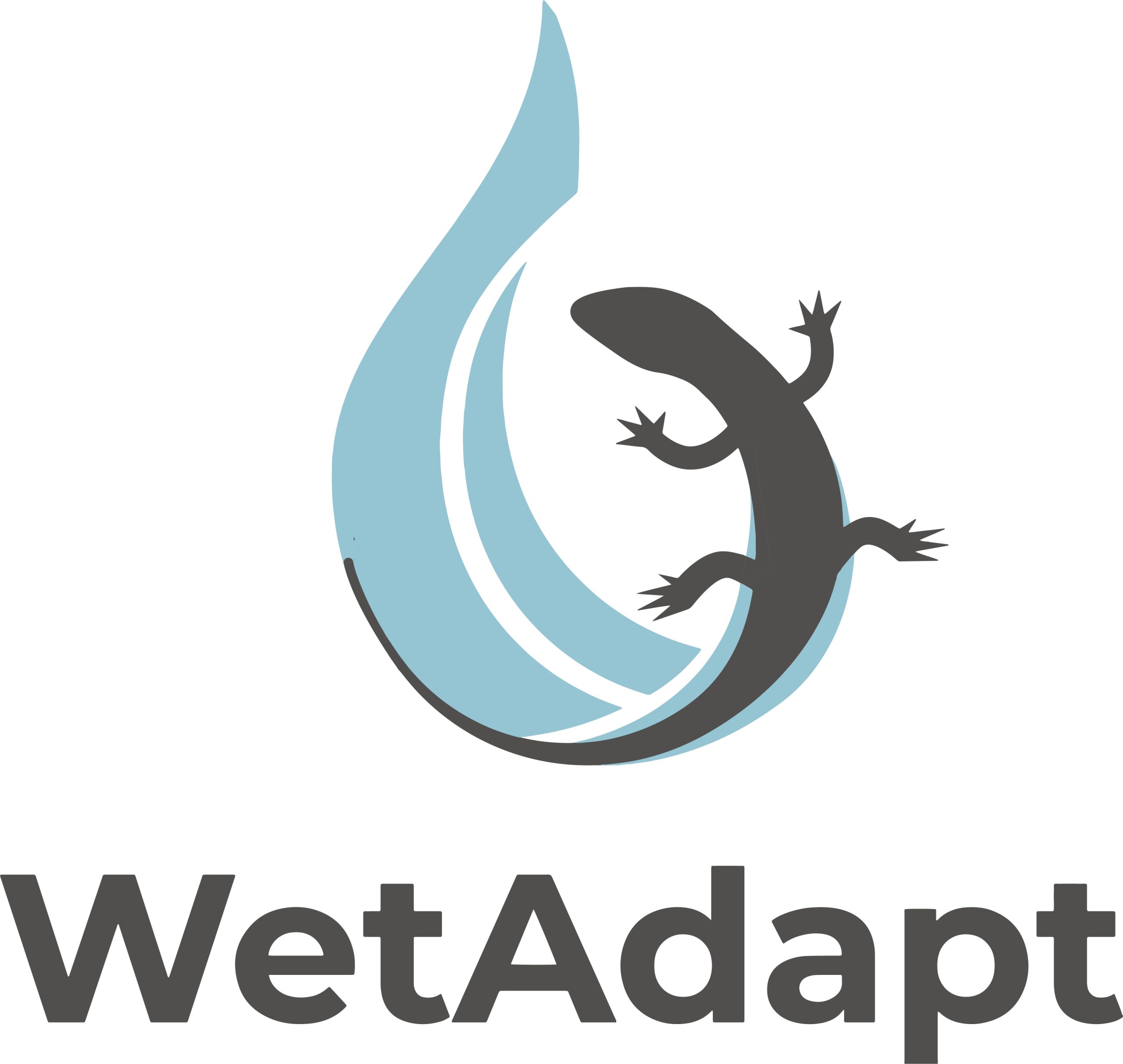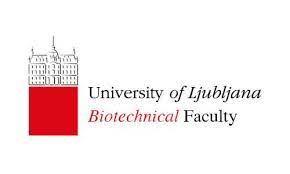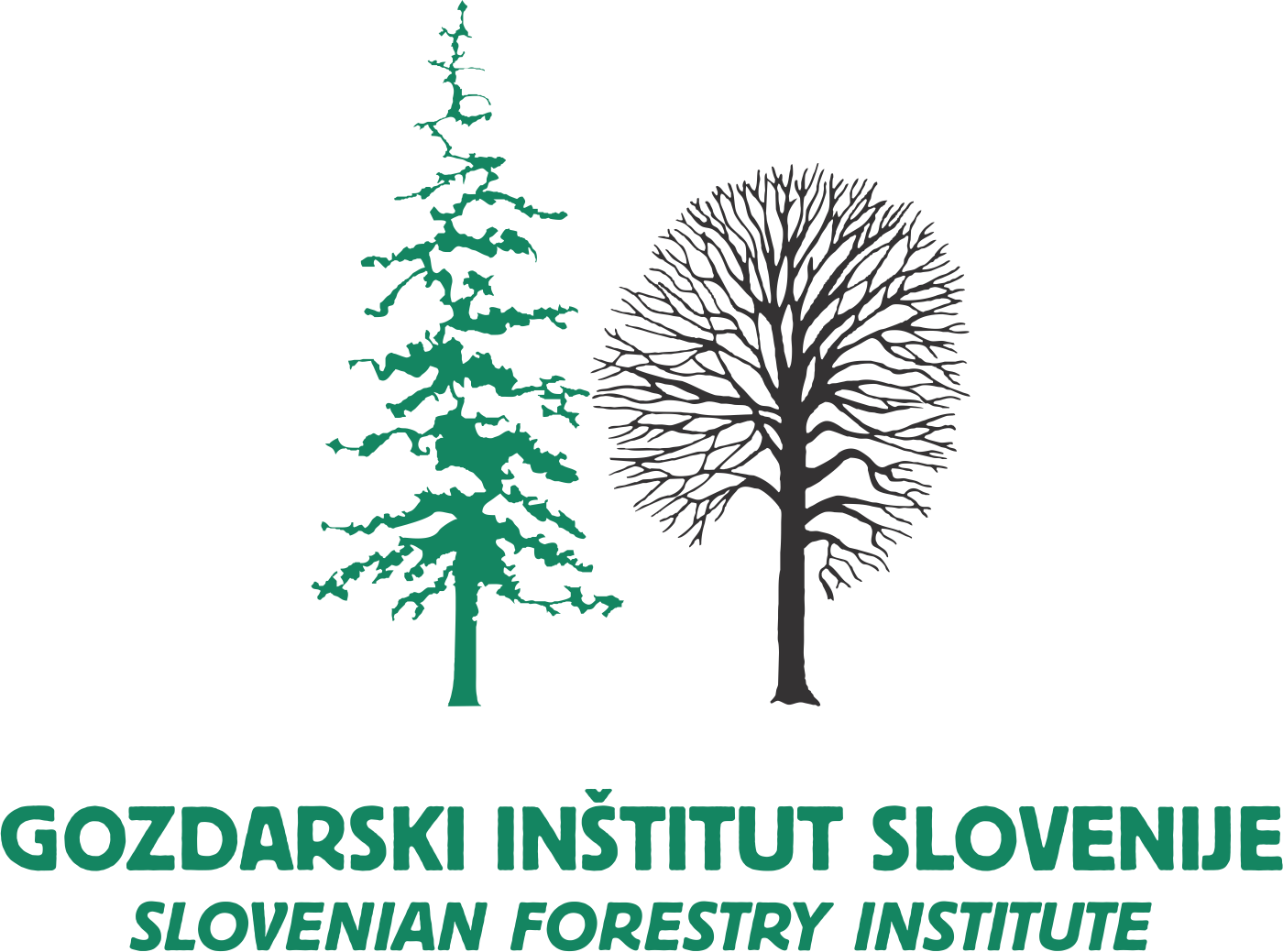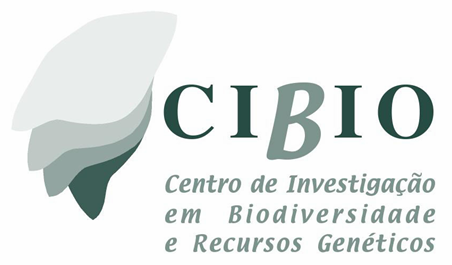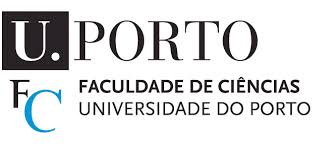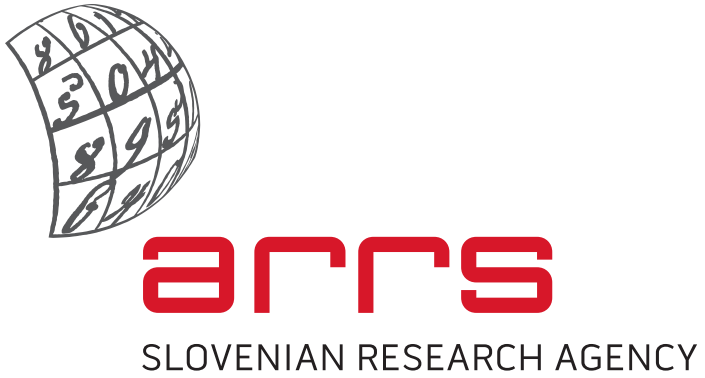PROJECT WETADAPT
Exploring the potential to respond to climate change with physiology studied in lizards across environmental gradients.
PROJECT WETADAPT
Exploring the potential to respond to climate change with physiology studied in lizards across environmental gradients.
PROJECT WETADAPT
Exploring the potential to respond to climate change with physiology studied in lizards across environmental gradients.
ABOUT THE PROJECT
Project WETADAPT is a basic research project funded by the Slovenian Research Agency and led by the Department of Ecosystem and Organism Research at National Institute of Biology (Slovenia). The project focuses on adaptive and plasticity potential of ectotherm physiology, namely, traits involved in metabolism and water retention, to respond to climate change.
ABOUT THE PROJECT
Project WETADAPT is a basic research project funded by the Slovenian Research Agency and led by the Department of Ecosystem and Organism Research at National Institute of Biology (Slovenia). The project focuses on adaptive and plasticity potential of ectotherm physiology, namely, traits involved in metabolism and water retention, to respond to climate change.
ABOUT THE PROJECT
Project WETADAPT is a basic research project funded by the Slovenian Research Agency and led by the Department of Ecosystem and Organism Research at National Institute of Biology (Slovenia). The project focuses on adaptive and plasticity potential of ectotherm physiology, namely, traits involved in metabolism and water retention, to respond to climate change.
SCIENTIFIC BACKGROUND
Global climate change is now a reality involving not only warming but also shifts in precipitation and other less obvious climatic variables. Therefore, predicting the responses of biodiversity according to the perceived risks of climate change are now of paramount importance. The principle force of adaptive evolution is natural selection, which adjusts phenotypes to environmental conditions and thus increases fitness in the specific environment encountered. Natural selection may result in genetic adaptation to environmental conditions, and/or shape patterns of adaptive phenotypic plasticity, which may also enhance the performance of an individual in the environment in which those changes were induced. Both, genetic and plastic responses determine jointly the fitness of an organism within its environment. Well-resolved spatial pattern of expressed phenotypes across the natural climatic gradient in combination with analysed gene structure and expression could offer new insights into their adaptive and plasticity potential. Particularly suitable model systems for such studies are species with widespread distributions across extreme environmental gradients, where we can employ a multi-population comparison. Since water balance and metabolism are the most important physiological traits of organisms that mediate and define the limits of all other life-history traits, they should be studied in the light of response potentials of species traits to climate change.
PROJECT AIMS
In this research project, we will strive to improve our understanding of morphological and physiological adaptations to water availability, namely skin morphology and metabolism, which will ultimately provide an insight into response potential of ectotherms to climate change.
The main project objectives include:
- Advance our understanding of how physiology, namely metabolism and water retention ability, reflect current climate and environmental pressures in ectotherms
- Understand adaptation/plasticity potential of their physiology
- Improve the basic knowledge of the role of skin properties in water retention abilities in lizards.
- Understand response potential of water retention to temperature and humidity variation
- Improve our understanding of the capacity of physiology to respond to predicted global climate change.
To achieve these, we will use widespread species of lizards occurring across a great climatic gradient. We will sample across different temperature and humidity climatic conditions and collect tissue for analysing metabolic potential activity, antioxidant capacity, transcriptomic, genomic and skin structure and histology analysis. This will enable us to closely look at adjustments and adaptations of physiology and skin and help us understand complex biological responses (short-term plastic responses to long-term evolutionary change) inherent to the study of climate change. The new data collected with the help of this project will be used to employ modern predictive modelling approaches that will improve our knowledge of the response potential of physiology and skin of lizards to cope with changing water availability.
TEAM MEMBERS
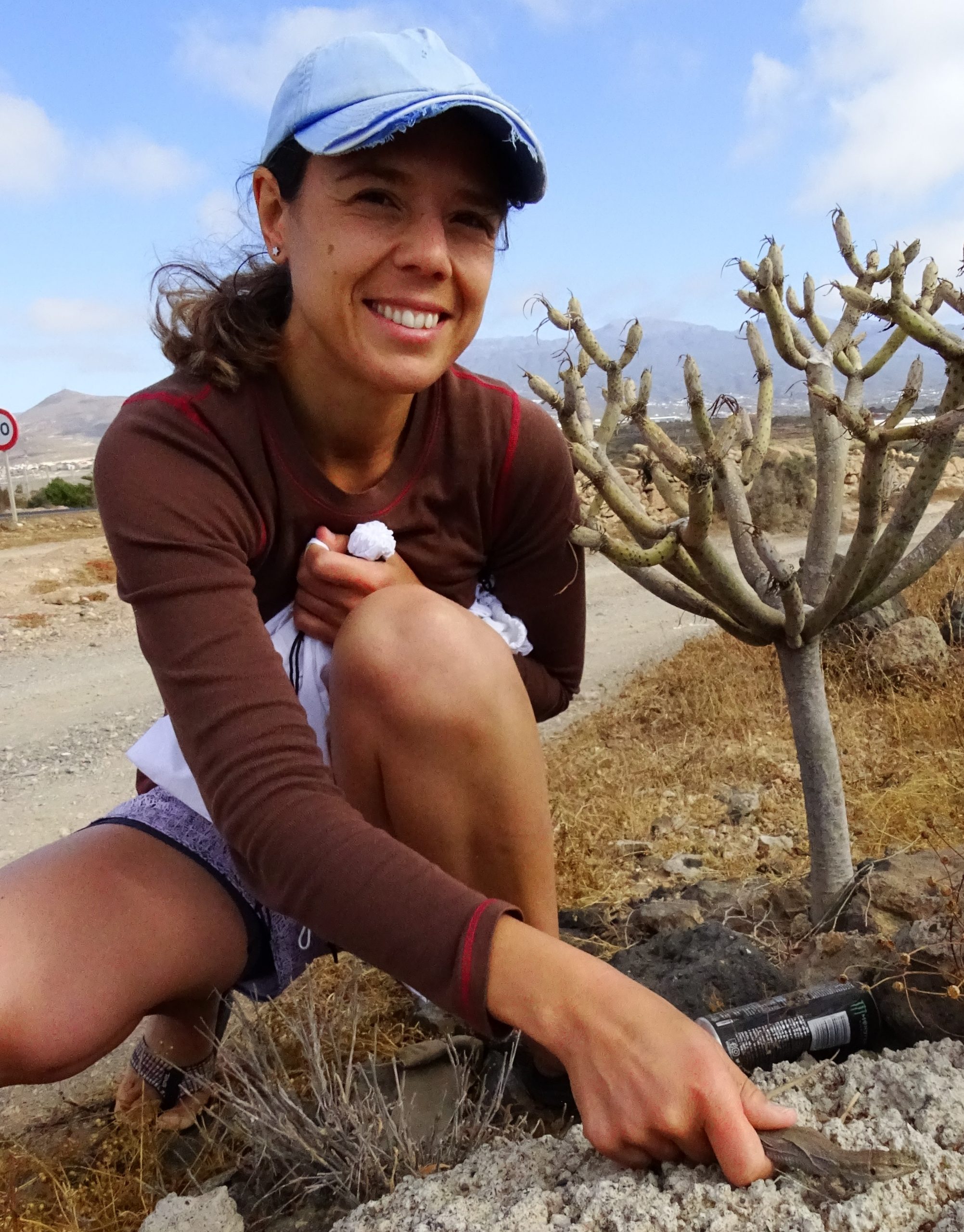
Dr. Anamarija Žagar
Scientific Associate, project leader
National Institute of Biology
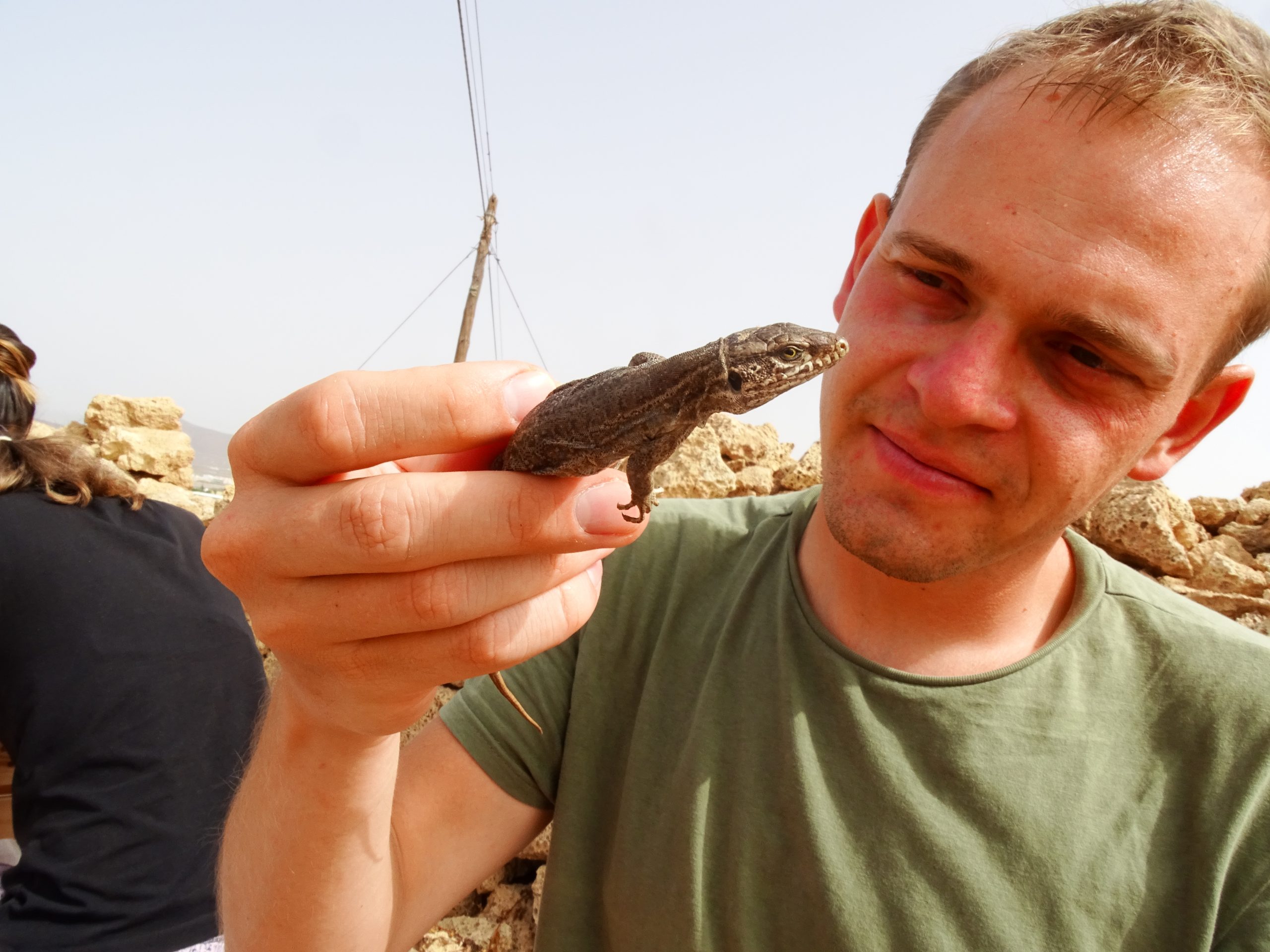
Urban Dajčman
PhD student
National Institute of Biology
.
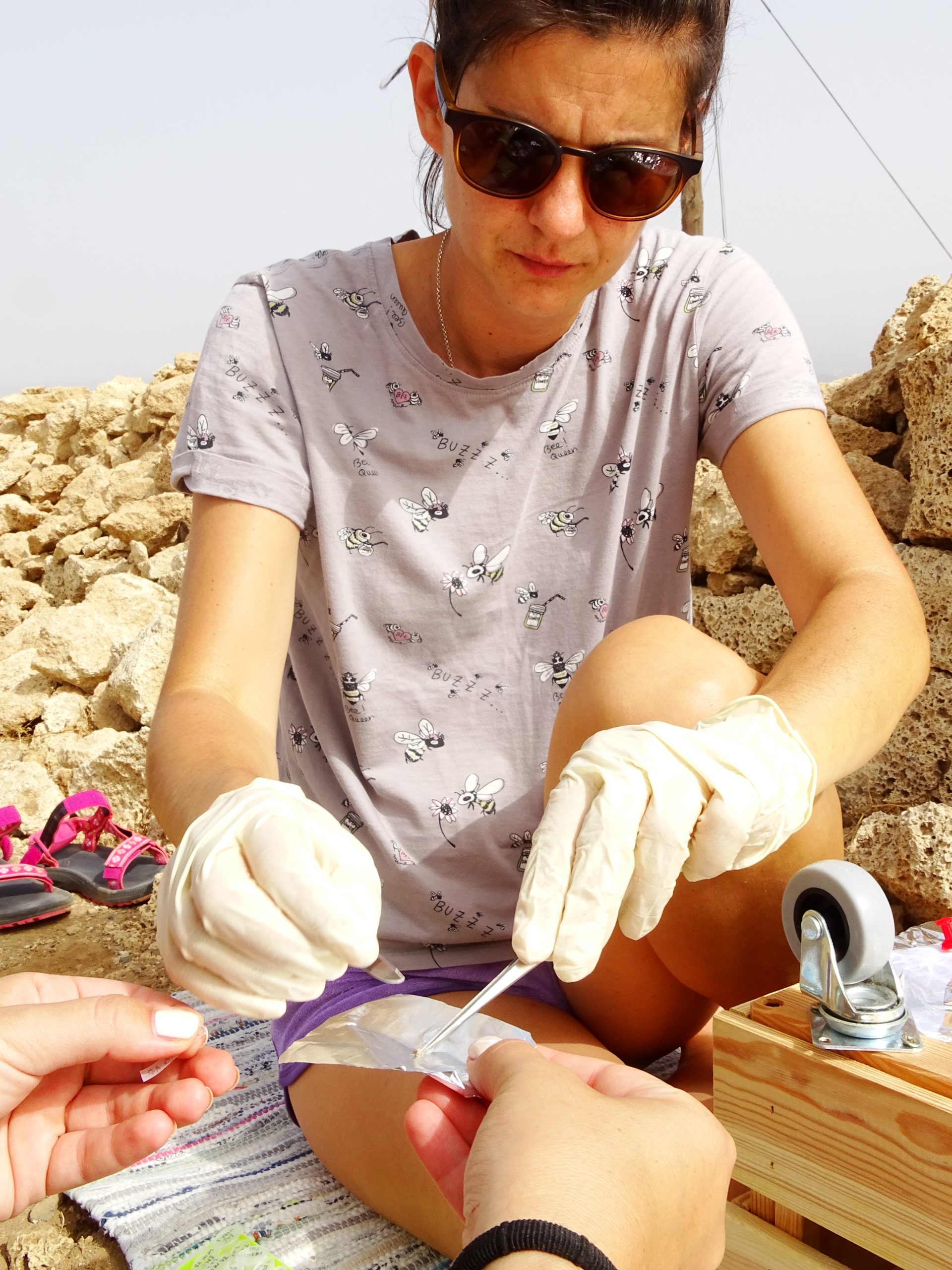
Dr. Sara Novak
University of Ljubljana, Biotechnical Faculty,
Department of Biology
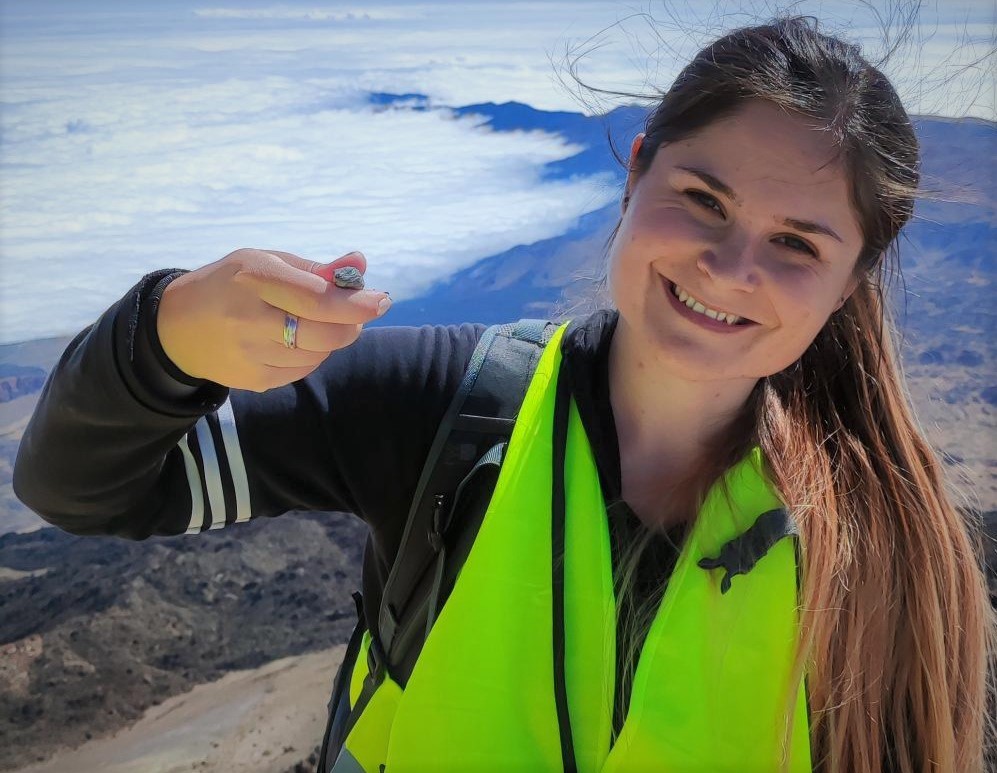
Valentina Perc
PhD student
University of Ljubljana, Biotechnical Faculty,
Department of Biology

Dr. David Stanković
Scientific Associate
National Institute of Biology
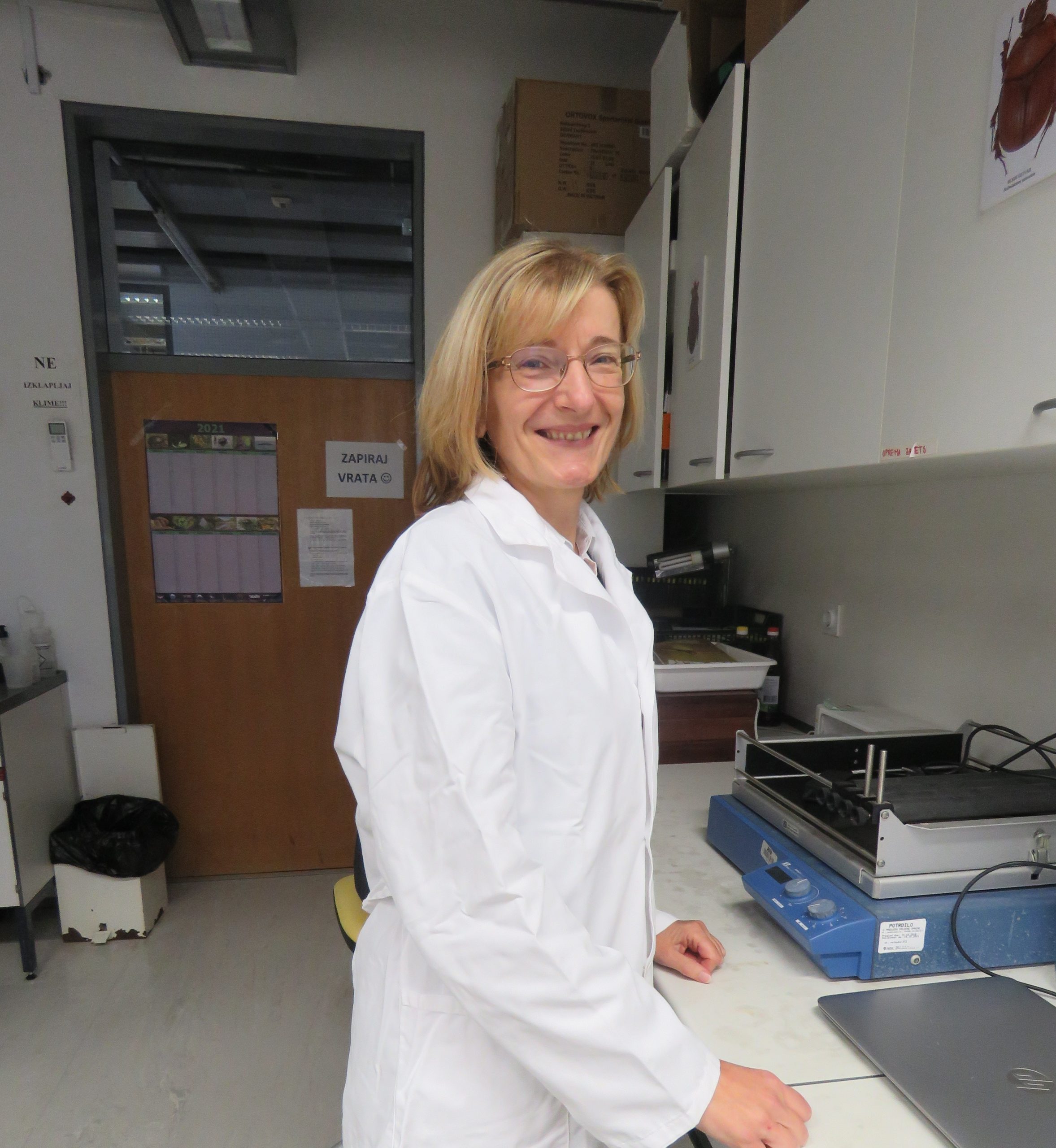
Dr Tatjana Simčič
Senior Scientific Associate
National Institute of Bioloy

Dr. Damjana Drobne
Researcher
University of Ljubljana, Biotechnical Faculty, Department of Biology
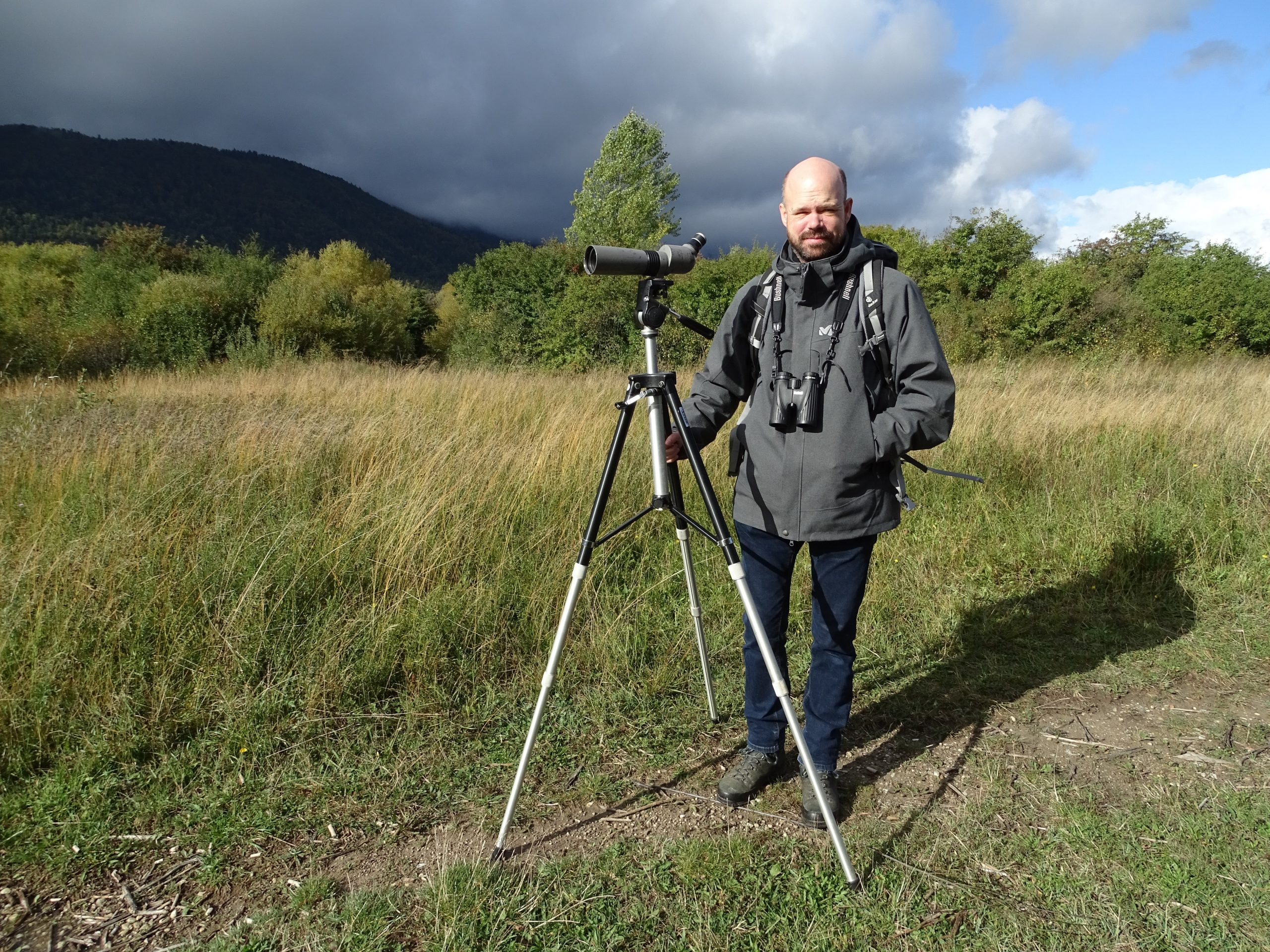
Dr. Maarten de Groot
Rearcher
Slovenian Forestry Institute, Porto University

Dr. Catarina Pinho
Researcher
CIBIO/InBIO Institute (CIBIO), Porto University
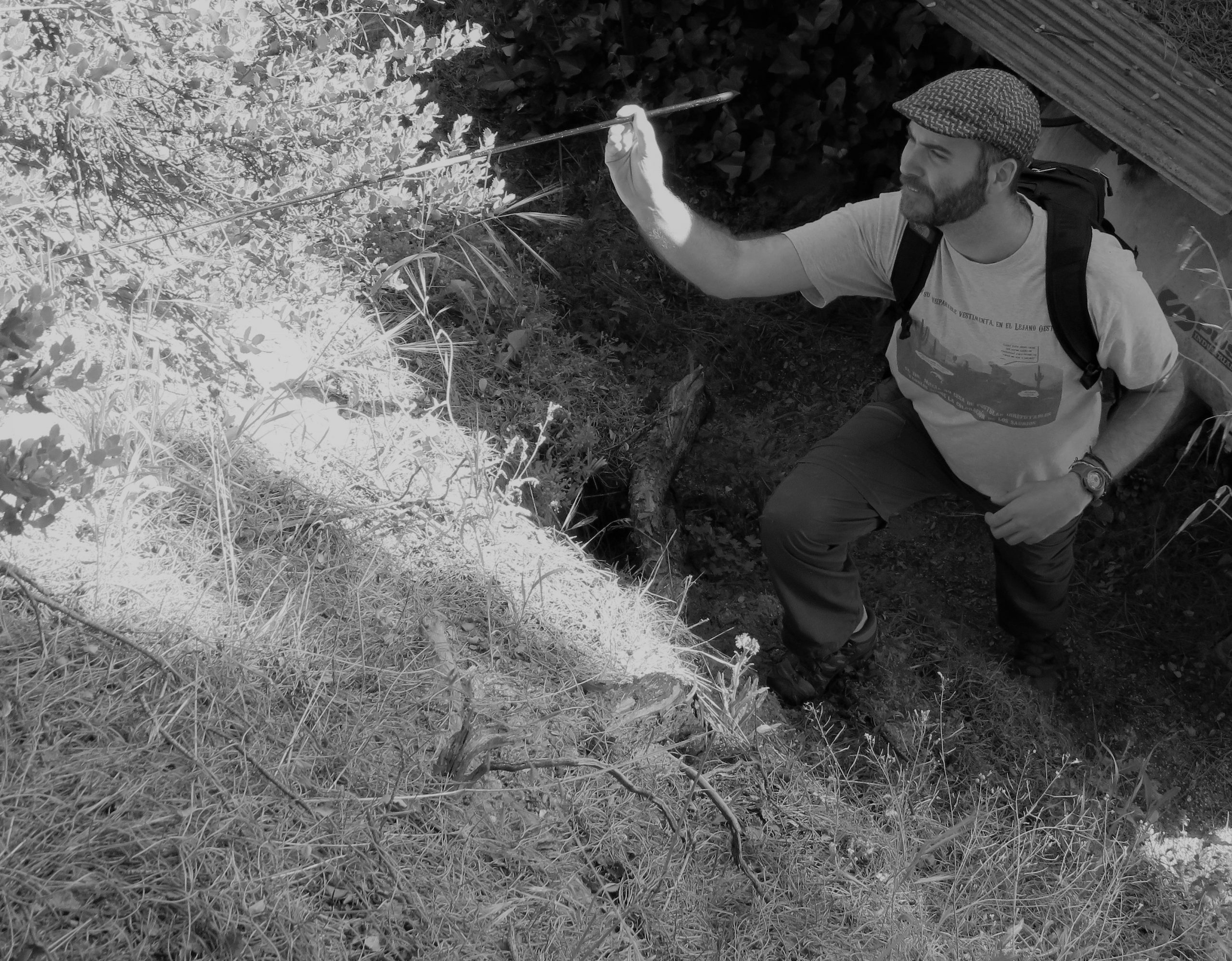
Dr. Rodrigo Megía-Palma
Assistant Professor
University of Alcalá de Henares, Parasitology Unit of the School of Pharmacy
External collaborator: CIBIO/InBIO Institute (CIBIO), Porto Univers

Miguel A. Carretero
Scientific advisor
CIBIO/InBIO Institute (CIBIO), Porto University
